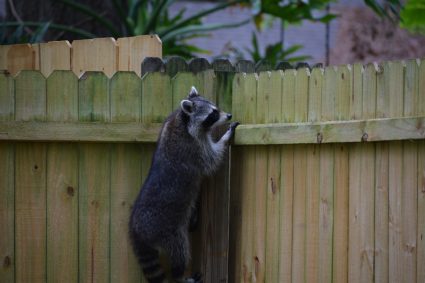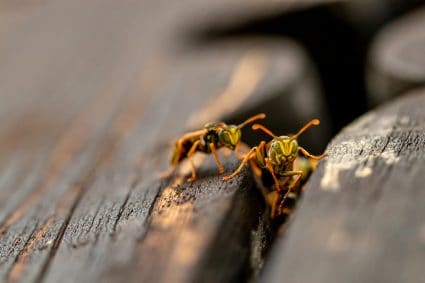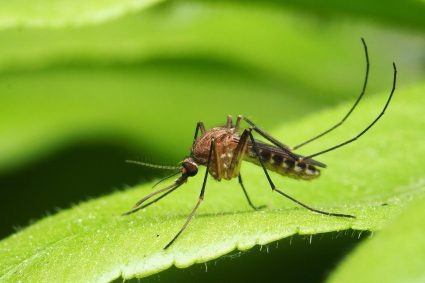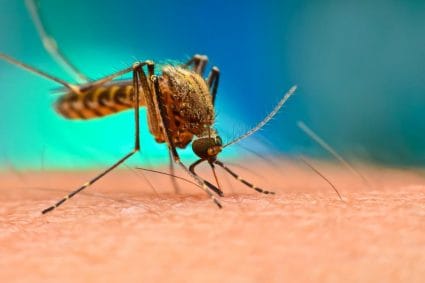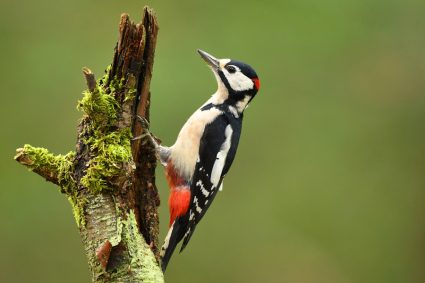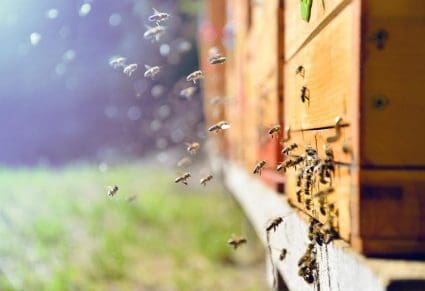
Squirrels may look cute and innocent, but any gardener knows they can cause significant damage to plants and vegetables. If you’re tired of these furry creatures wreaking havoc in your garden, you’re in the right place. In this comprehensive guide, we’ll explore various methods to deter squirrels from gardens, from plants they dislike to natural repellents, barriers, and other tactics.
To deter squirrels from your garden, consider planting squirrel-repellent plants such as hyacinth, galanthus, and daffodils. Use natural repellents like crushed red pepper flakes, cayenne pepper, or peppermint oil around your plants. Physical barriers like chicken wire or bird netting can also help protect your garden. Additionally, inviting natural predators of squirrels, such as hawks and owls, or using technology-based deterrents like motion-activated sprinklers or ultrasonic devices can effectively keep squirrels away.
Understanding Squirrel Behavior
Firstly, it’s essential to understand why squirrels frequent gardens. These creatures are attracted to gardens as they provide a variety of food sources and shelter. Gardens often have plants that produce fruits, vegetables, seeds, nuts, and berries, which are all part of a squirrel’s diet. Additionally, gardens with trees, shrubs, and other plants offer hiding spots and climbing opportunities for squirrels.
Common Types of Squirrels in Gardens
The most common types of squirrels found in gardens are Gray Squirrels, Fox Squirrels, Red Squirrels, and Ground Squirrels. Each of these species has its unique behavior and preferences, which can influence the type of deterrents that work best.
Humane Methods to Deter Squirrels
Plant Squirrel-Repellent Plants
One of the most effective ways to deter squirrels from your garden is by planting squirrel-repellent plants. These include hyacinth, galanthus, lily-of-the-valley, daffodils, geraniums, alliums, and fritillaries.
Use Natural Repellents
Common household items like crushed red pepper flakes, cayenne pepper, peppermint oil, garlic, and vinegar can be used as natural repellents. Sprinkle these around your plants or create a spray solution to deter squirrels.
Create Physical Barriers
Physical barriers such as chicken wire or bird netting can protect your plants from squirrels. You can also install fences around your garden, ensuring they’re high enough to prevent squirrels from climbing over.
Invite Natural Predators
Hawks and owls are natural predators of squirrels. By attracting these birds to your garden, you can help control the squirrel population.
Technology-Based Deterrents
Technology-based deterrents, such as motion-activated sprinklers, ultrasonic devices, and electronic repellents, can be very effective in scaring away squirrels from your garden.
Precautionary Measures
To prevent attracting squirrels to your garden in the first place, it’s crucial to remove any potential food sources like fallen fruits, nuts, and seeds. Make sure all outdoor hose and water connections are sealed well, and eliminate standing water. Plant squirrel-resistant plants and use repellents regularly.
Conclusion
While squirrels can be a nuisance to gardeners, there are several effective and humane methods to deter them. By understanding their behavior and preferences, you can create a garden that’s less appealing to squirrels while still being a beautiful and productive space for you.
Remember to combine multiple deterrent methods for the best results and keep in mind that what works for some squirrels may not work for others. Happy gardening!
Frequently Asked Questions
What other plants are squirrel-resistant?
Other squirrel-resistant plants include marigolds, mint, salvia, some varieties of poppies, and some types of ornamental grasses.
Are there specific fruits or vegetables that attract squirrels more than others?
Squirrels are particularly attracted to fruits such as apples, peaches, and strawberries. They also enjoy vegetables like corn, tomatoes, and peas.
How often should I apply natural repellents?
It is recommended to apply natural repellents every few days, or after rainfall, as the scent and effectiveness can diminish over time or wash away.
Can all types of squirrels climb fences?
Most adult squirrels are excellent climbers and can easily scale fences, especially if they are not too high. However, some ground squirrels are less adept at climbing.
Are there any commercial squirrel repellents available?
Yes, there are commercially available squirrel repellents. These often contain ingredients like capsaicin, the compound that makes peppers hot, which squirrels find unpleasant. Always follow the instructions on the product label for safe and effective use.
What signs should I look for to know if squirrels are causing damage in my garden?
Signs of squirrel damage can include chewed or dug-up plants, bite marks on fruits and vegetables, and small holes in the ground where squirrels may have buried food.

